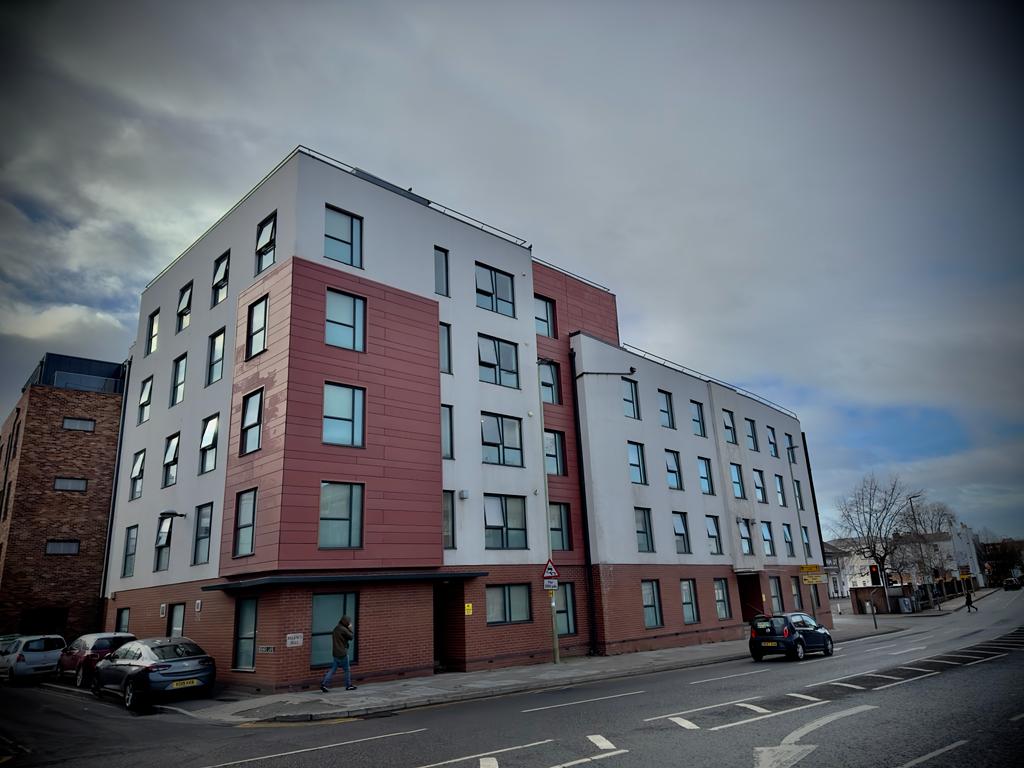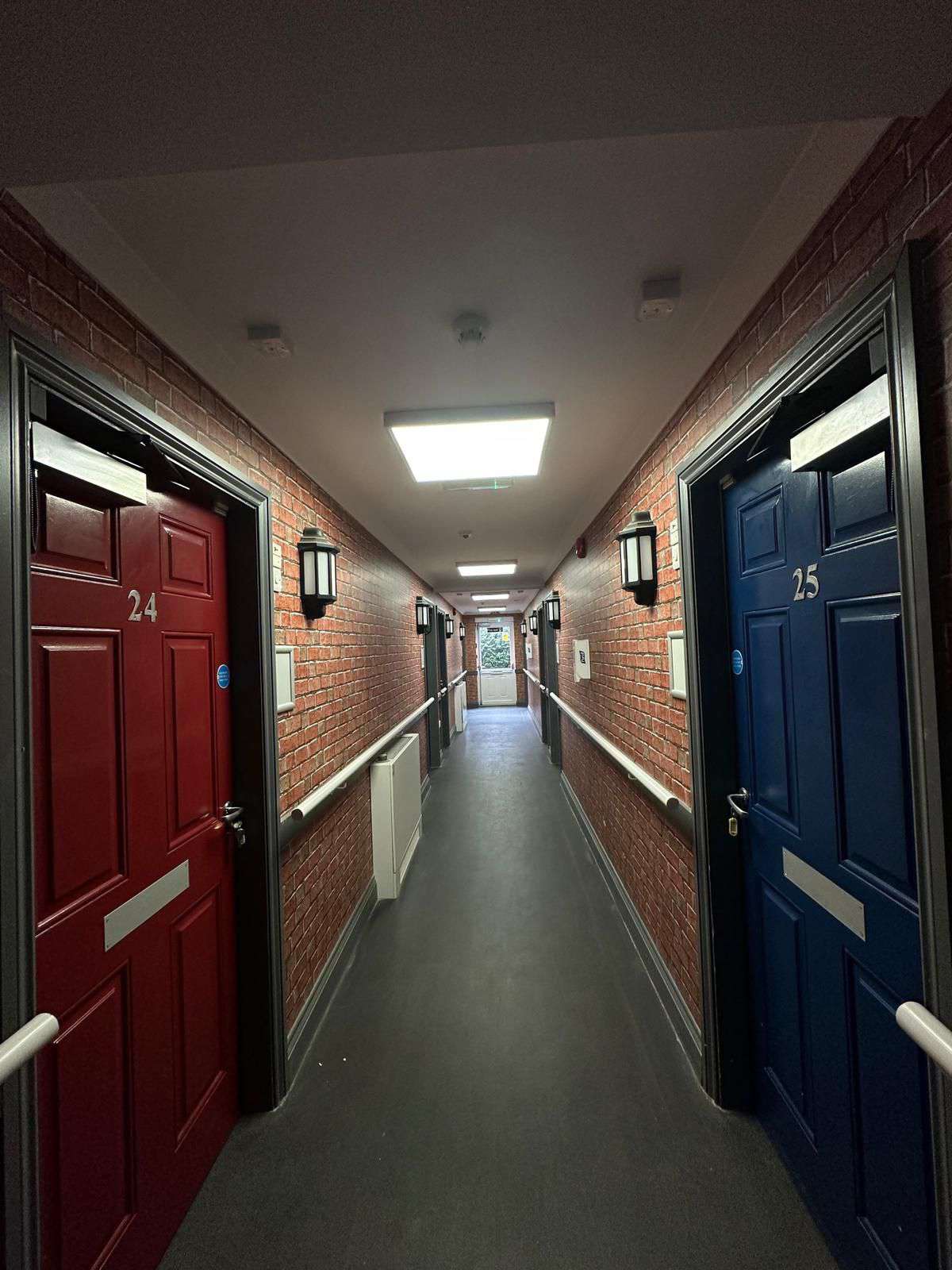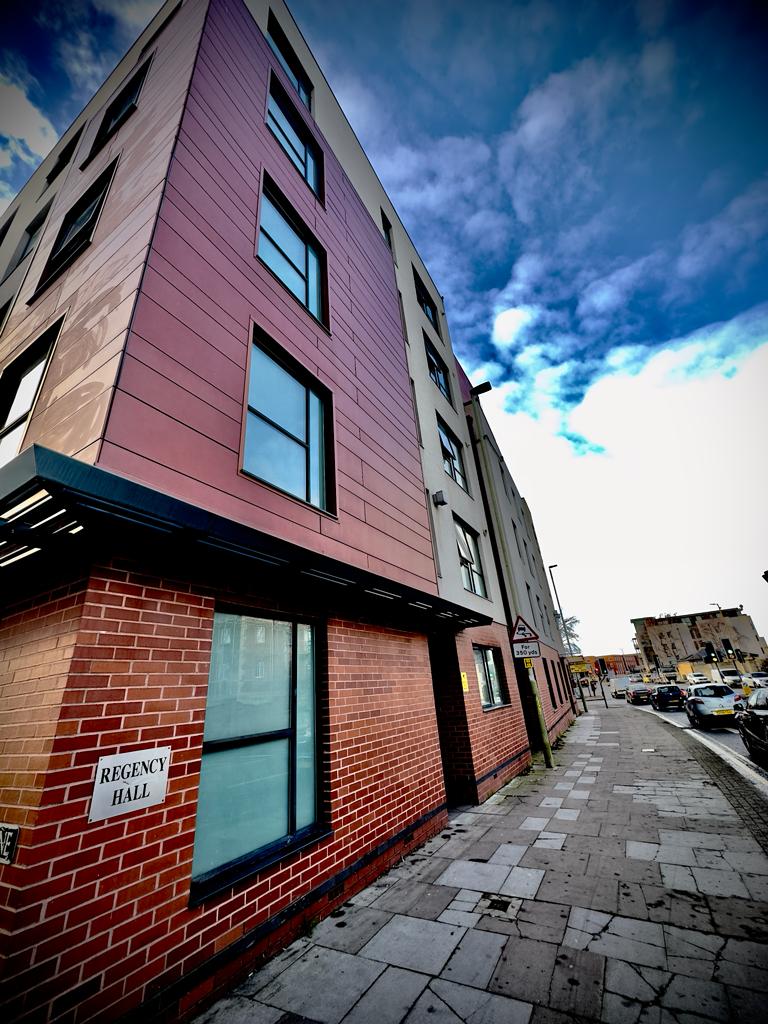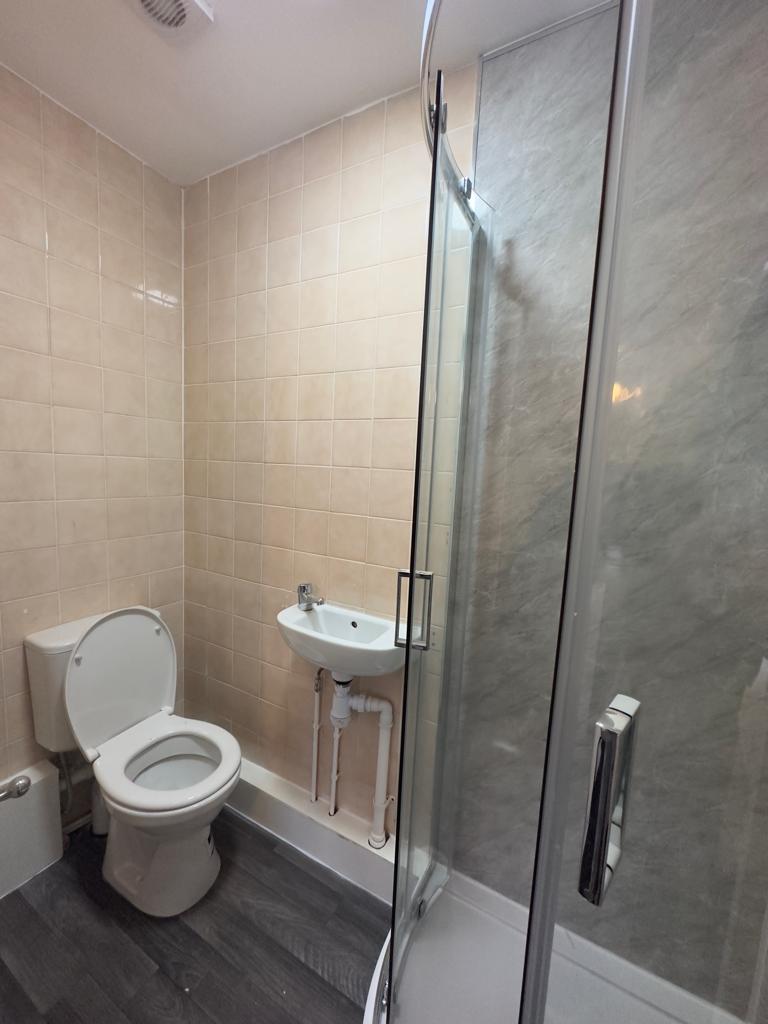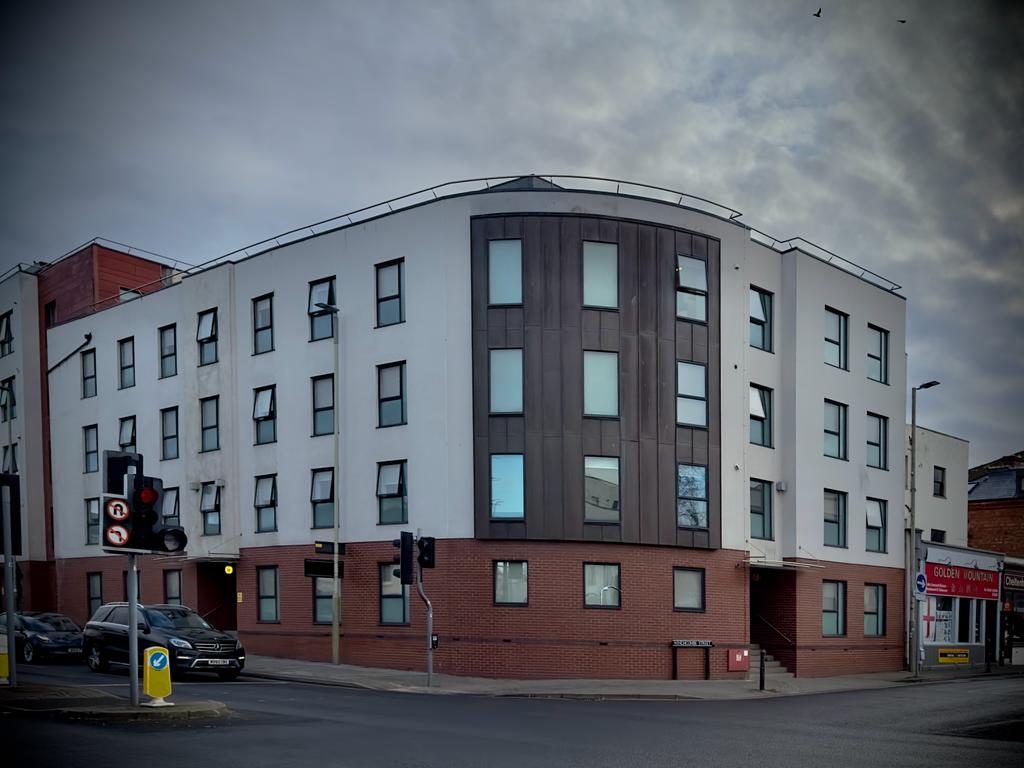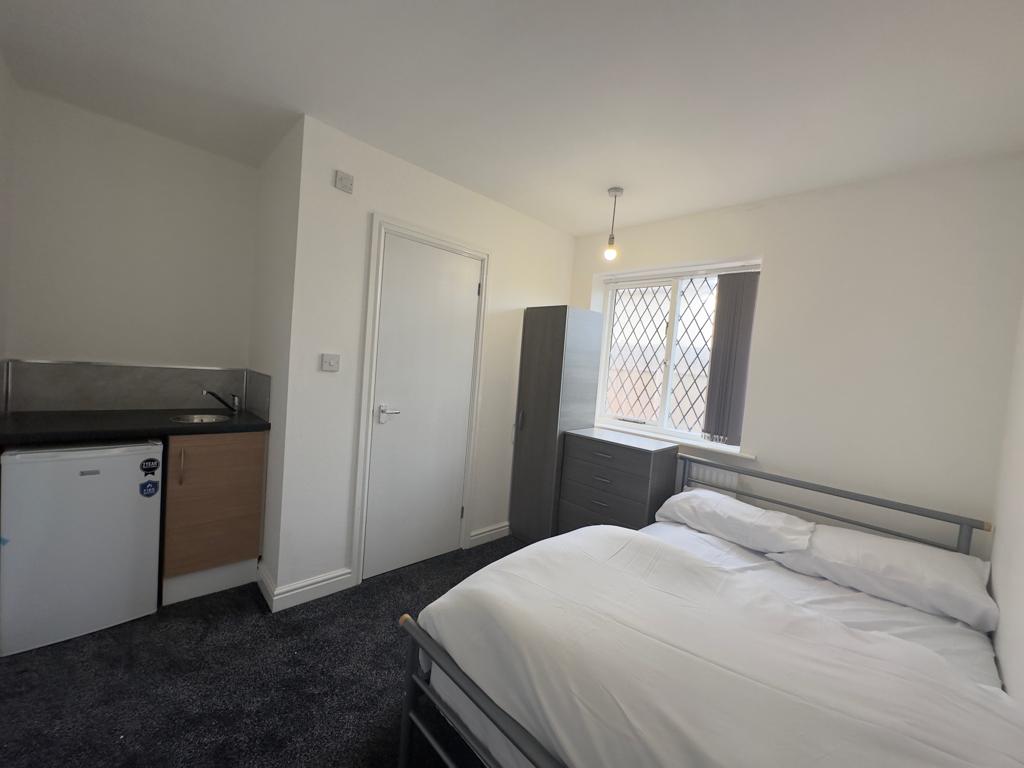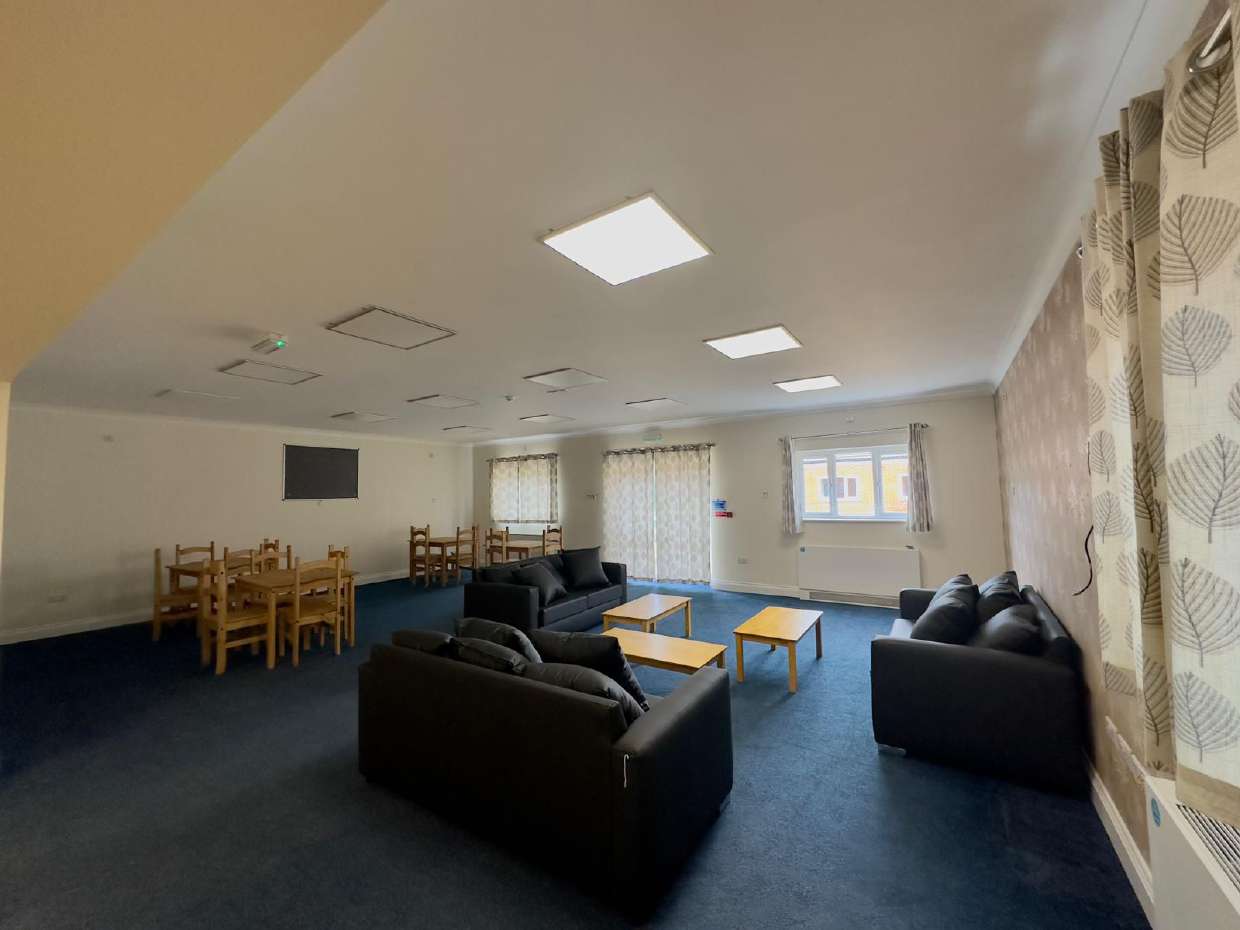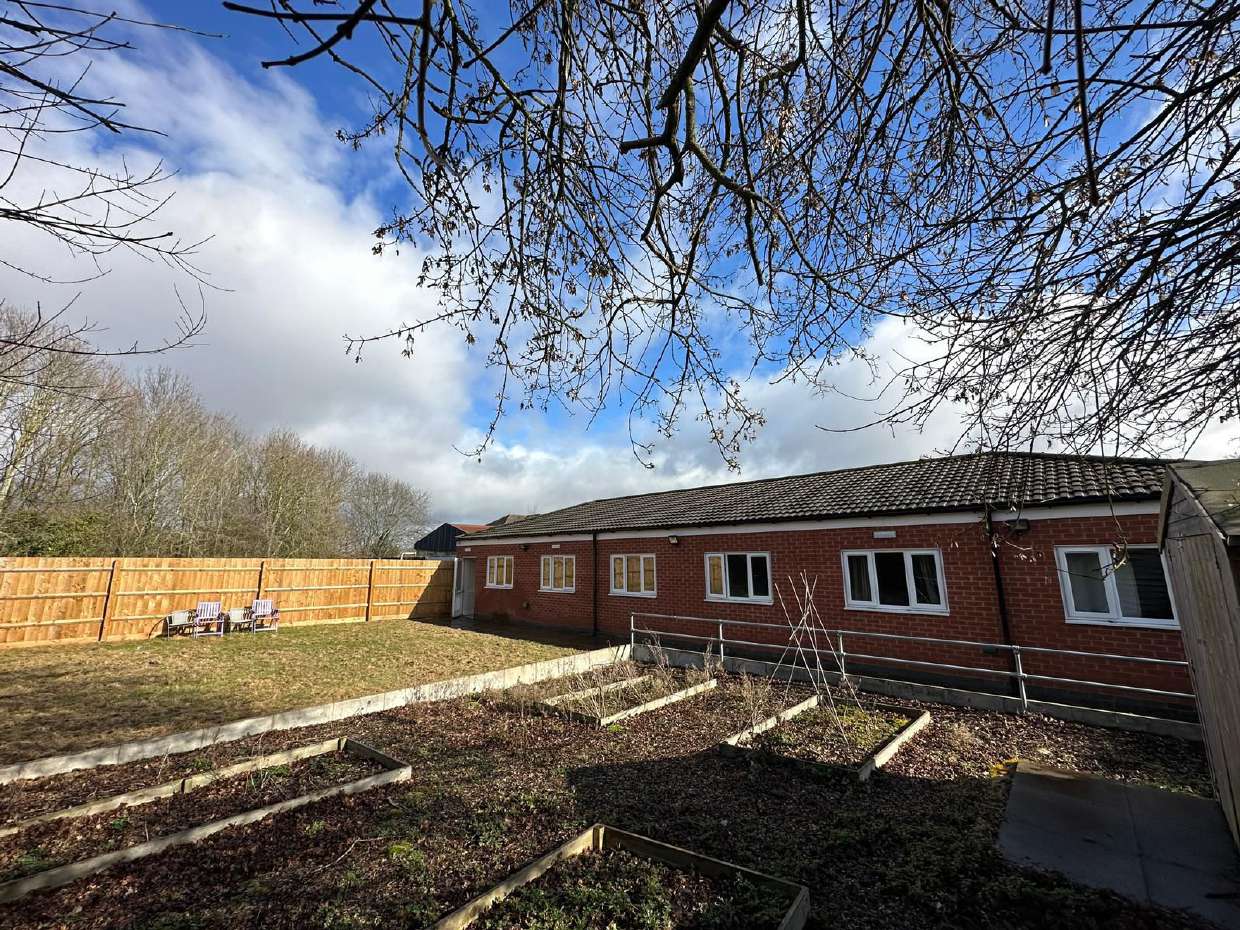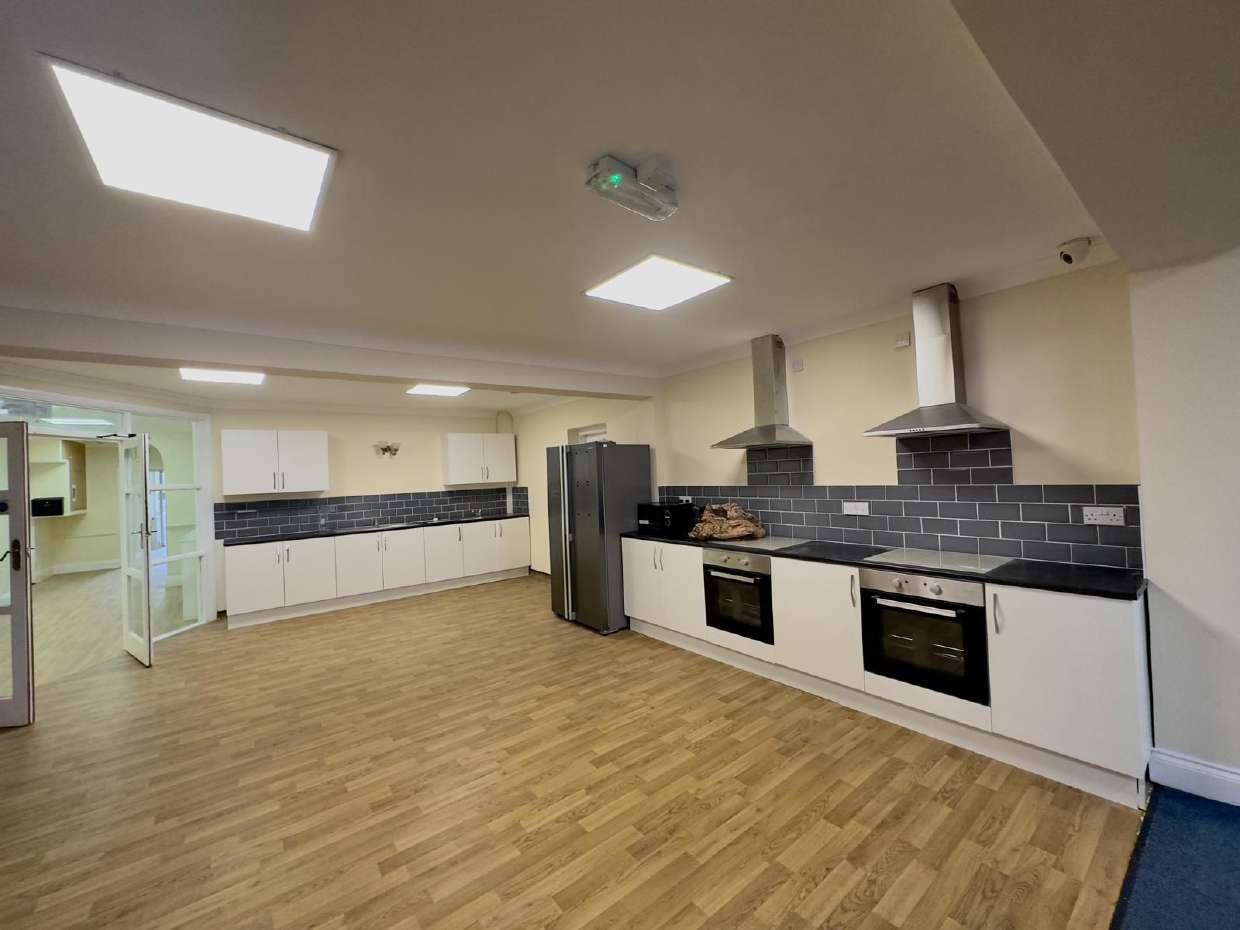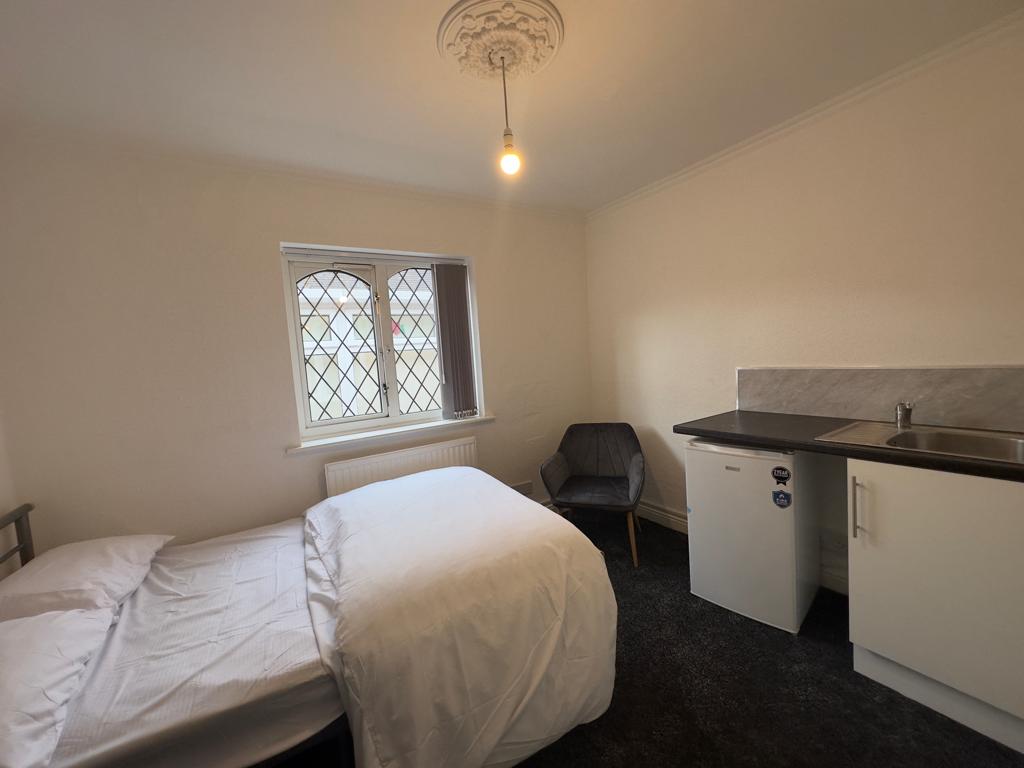- By midland-living
- December 2, 2024
- Home Care
Independent Supported Living (also known as Supported Independent Living or SIL) is a transformative care model that empowers individuals with disabilities to lead fulfilling lives within their communities. By providing personalized support tailored to individual needs, SIL promotes autonomy, self-reliance, and a higher quality of life.
What Is Independent Supported Living?
Independent Supported Living involves services that help individuals with disabilities live independently in their own homes or shared accommodations. These services cater to diverse needs and typically include:
- Assistance with daily activities like cooking, cleaning, and personal care.
- Financial management and household maintenance.
- Skill-building programs that encourage independence over time.
SIL services are often funded by government programs, non-profits, or private providers, aiming to foster inclusion and self-sufficiency.
The Benefits of Independent Supported Living
- Increased Autonomy
SIL encourages individuals to take control of their daily routines and long-term goals, promoting a sense of dignity and accomplishment. - Personalized Care
Care plans are tailored to each individual’s unique needs, with support provided by trained professionals to create a conducive and comfortable living environment. - Community Integration
Participation in community activities, employment, and social events is central to SIL, combating isolation and fostering inclusion. - Life Skill Development
Individuals gain essential skills, such as budgeting, cooking, and self-advocacy, enabling them to live confidently and independently. - Improved Quality of Life
With physical, emotional, and social needs met, SIL enhances overall well-being and happiness.
How Independent Supported Living Works
The structure of SIL programs varies but typically includes:
- Personal Support Workers (PSWs): Assistance with everyday tasks like hygiene and meal preparation.
- Case Management: Personalized care plans monitored by case managers.
- Skill Development Programs: Training in life skills, employment readiness, and social interaction.
- 24/7 Support Options: Flexible assistance based on individual needs, from full-time to part-time care.
- Assistive Technology: Tools like mobility aids and voice-activated systems for enhanced independence.
Who Benefits from Independent Supported Living
- Adults with Disabilities – Including those with physical, intellectual, or developmental disabilities.
- Seniors with Disabilities – Supporting aging-in-place with necessary care.
- Individuals with Mental Health Conditions – Enabling community-based living with structured support.
Challenges in Independent Supported Living
- Resource Limitations: Limited funding or availability of services can hinder accessibility.
- Financial Barriers: Some individuals face challenges affording complex care needs.
- Social Isolation: Despite community integration efforts, some may still feel isolated.
- Staffing Shortages: The availability of trained professionals can impact the quality of care.
Why Independent Supported Living Matters
Independent Supported Living empowers individuals to transition from dependence to freedom. By promoting self-reliance, fostering community involvement, and providing personalized care, it allows people to live their lives to the fullest. With continued investment in resources and training, SIL programs can create meaningful, lasting change.
Whether for adults with disabilities, seniors, or individuals with mental health conditions, Independent Supported Living represents a vital step toward a more inclusive and equitable society.
Independent Supported Living (SIL) stands as a beacon of empowerment, providing individuals with the opportunity to live with dignity, independence, and a sense of belonging. By prioritizing personalized care, community engagement, and skill development, SIL transcends traditional care models to offer a pathway to autonomy and fulfillment.
While challenges such as resource limitations and staffing shortages exist, the positive impact of SIL on individuals and communities is undeniable. With continued support and investment, this transformative approach has the potential to redefine inclusion and quality of life for people with disabilities, seniors, and individuals with mental health conditions. SIL is not just a service—it is a movement toward a more compassionate and equitable society where everyone can thrive.


